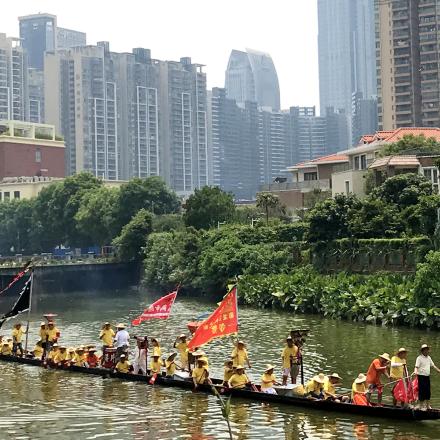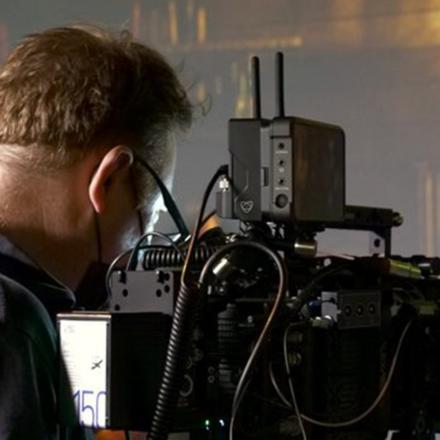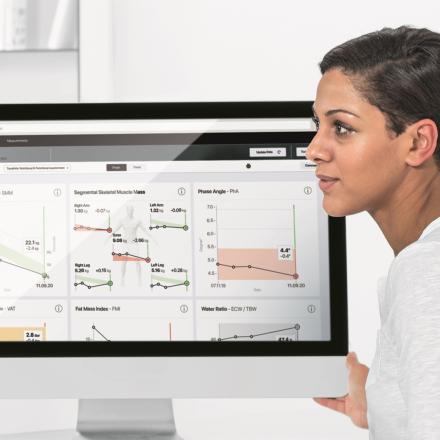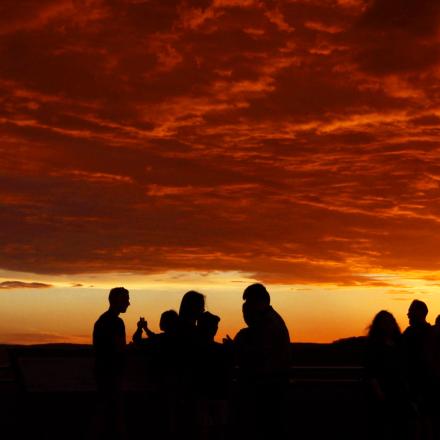Our researchers address problems, enrich public understanding, and inform solutions in our complex, technology-saturated, dynamic world.
UTS Chancellor's Postdoctoral Fellowships.
We believe in the power and potency of research, both traditional and non-traditional. We share the UTS commitment to advancing justice, both social and environmental. Our watchwords are quality and integrity: we seek to extend the frontiers of knowledge, and to shape practice, by observing the highest standards of inquiry and engagement. Ultimately, we hope to bring tangible benefits to society in Australia and overseas. We wish to become widely known and respected for our insights, ideas, creations and innovations.
The discipline of Arts and Social Sciences in the Faculty of Design and Society is a community of over 110 researchers and educators. We are organised into four research centres and seven research groups across two schools. Our expertise spans multiple disciplines, making us among the most diverse communities at UTS.
Research groups
-
Asia Pacific Research Group
The Asia Pacific Research Group explores the transformation and diversity of this century’s most dynamic region.

-
Creative Practice Research Group
In our creative research and practice we make stories, experiences and environments that shape culture, meaning and understanding

-
Diversities and Social Inclusion Research Group
We explore how societies are differentiated, and the difference that social diversity makes.

-
Crime and Security Science Research Group
We focus on applied criminology and related research to enhance public and community safety.

-
Health Communication Research Group
Public communication and public health researchers, we deliver insights to inform preventive programs and design effective

-
Life-wide Learning and Education Research Group
We examine learning and education as a life-wide, ongoing process across schooling, work, family and community.

-
Technology, Media and Strategy Research Group
How do people create meaning in contexts embedded, implicated, and problematised by digital technologies?

Research centres
-
Australian Centre for Public History
Who is history for and what sort of histories should we recount?

-
Centre for Media Transition
How is news journalism responding to the digital transformation of the news industry in Australia and beyond?

-
Climate, Society and Environment Research Centre (C-SERC)
We analyse – and seek to shape – in the way societies interact with energy, technology and the living environment.

-
Centre for Research on Education in a Digital Society
We explore the dynamic relationship between technology and learning – across formal, informal and professional education contexts.


